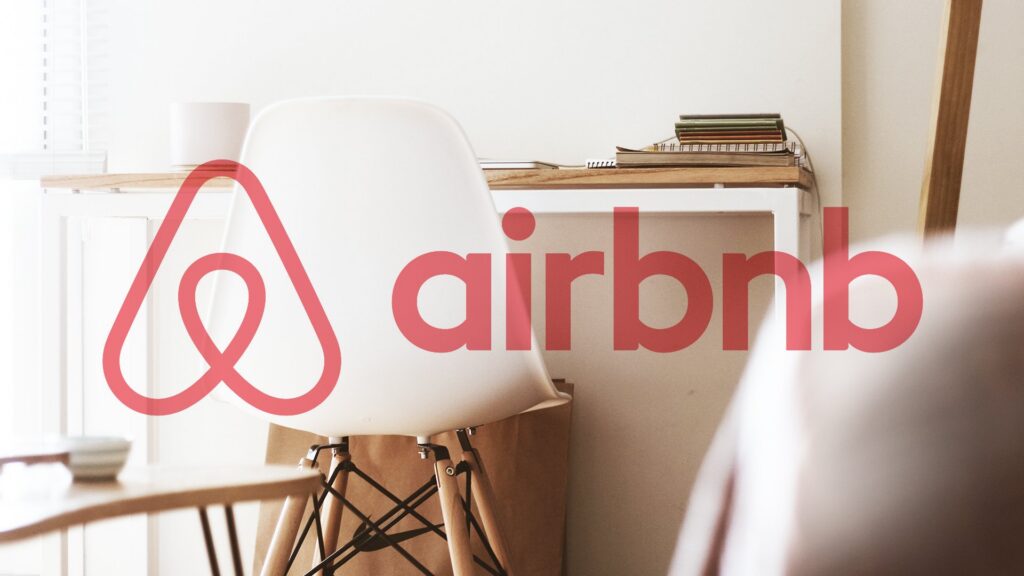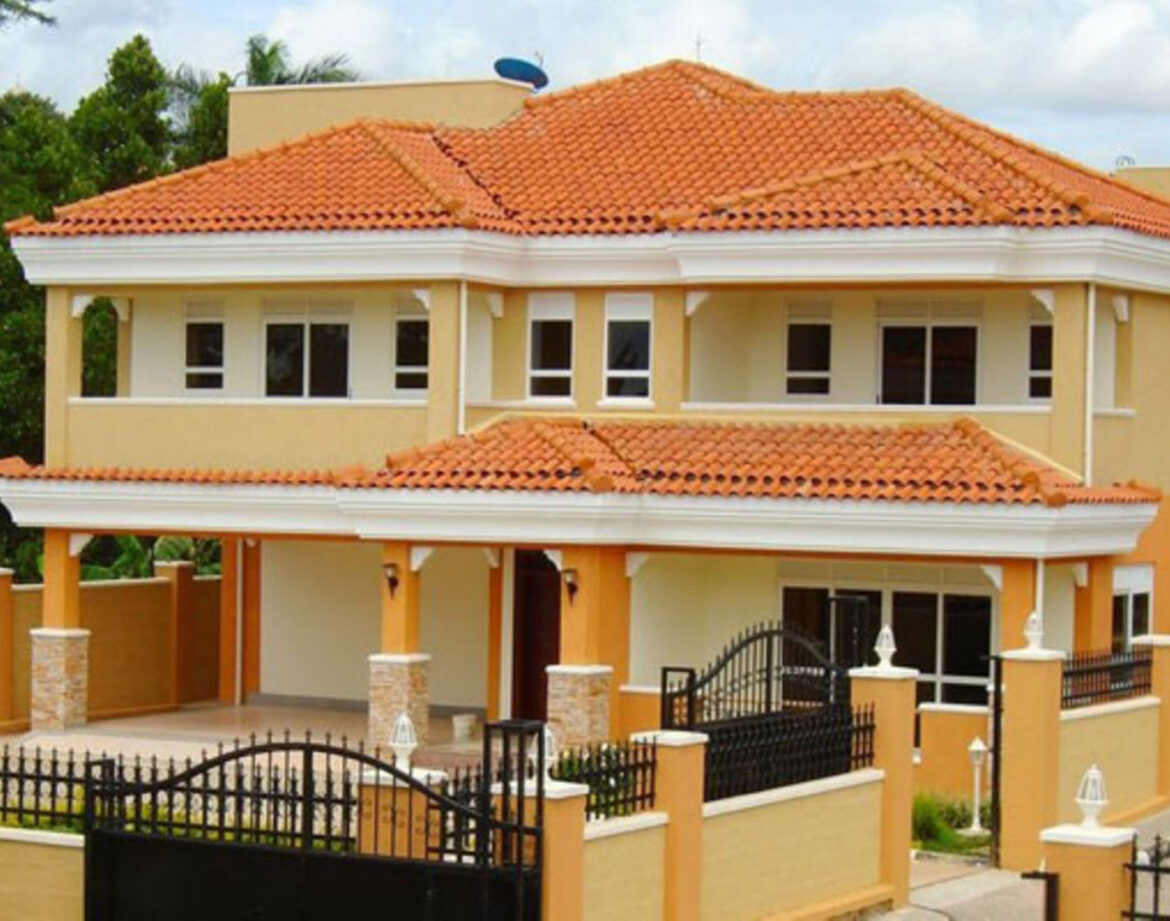Do You Know How Airbnb Works?
Before today, did you know how Airbnb Works? Airbnb has transformed the way people travel, stay, and even earn a living. Since its founding in 2007, when the first guests stayed on an air mattress in a San Francisco apartment, Airbnb has grown into a global platform that connects property owners (hosts) with travelers seeking alternatives to traditional hotels.
What is Airbnb?
Airbnb is a global online marketplace that connects travelers with hosts offering short-term stays in private homes, apartments, and unique properties. Originally launched as a way for individuals to rent out a spare room or their entire home, the platform has evolved dramatically since its inception.
Over time, Airbnb hosts have gotten creative—offering everything from treehouses and tiny homes to vintage buses and cozy caves, making travel more adventurous and personalized. Today, in addition to individual hosts, Airbnb also supports professional hospitality providers, including boutique hotels, serviced apartments, and B&Bs, giving guests even more options to choose from.

How exactly does Airbnb work?
Airbnb works by connecting hosts who have available space—whether it’s a spare room, an entire home, or a unique property like a treehouse or boutique apartment—with guests looking for short-term accommodations. Hosts create listings on the Airbnb platform, complete with photos, descriptions, amenities, pricing, and availability. Guests browse these listings on the website or app, filter results based on their preferences, and can either book instantly or send a reservation request. Once a booking is confirmed, Airbnb handles the payment process, provides customer support, and offers protections for both parties, including guest reviews and a host guarantee.
This peer-to-peer model makes it easy for everyday people to monetize their space while offering travelers a wide variety of lodging options beyond traditional hotels.
But how does Airbnb work? What’s in it for the hosts, guests, and Airbnb itself? Let’s break it down.
How Airbnb Works for Hosts
Airbnb allows hosts to earn money by renting out their property—be it a spare room, a guest house, or an entire home. Here’s how the process works:
- Create a Listing
Hosts set up their property profile with photos, descriptions, pricing, and availability. They choose their own house rules and cancellation policies. - Receive Bookings
Guests browse listings, request to book (or use Instant Book), and pay through Airbnb’s secure platform. - Get Paid
Airbnb pays hosts after guest check-in, typically within 24 hours. Hosts can choose their preferred payout method: direct deposit, PayPal, or other options. - Build Reputation
Reviews are essential. Positive guest feedback boosts a host’s visibility and credibility. Superhosts—those with consistently high ratings—often get more bookings.
Earnings vary by property type, location, and season. Between November 2023 and December 2024, the average U.S. host earned about \$4,300 per month, while apartment hosts earned up to \$3,650 monthly.
How Does Booking an Airbnb Work?
For guests, Airbnb offers unique, flexible, and often affordable alternatives to hotels. Here’s the typical process:
- Set Up an Account
Guests create an Airbnb profile with basic information, sometimes including ID verification for added security. - Find a Property
They search for properties by location, travel dates, price range, amenities, and more. - Book the Stay
Guests either “Request to Book” (the host approves) or use “Instant Book” (no approval needed). Payment is handled directly through Airbnb. - Enjoy the Stay
Once the booking is confirmed, guests receive check-in instructions and other relevant details. After their stay, they’re encouraged to leave a review.
Payment Methods: Guests can pay via credit/debit card, PayPal, Apple Pay, or Google Pay.
How Airbnb Makes Money
Airbnb’s business model is a prime example of the sharing economy. Rather than owning properties, Airbnb profits by facilitating the rental process and charging service fees.
1. Split-Fee Model (most common)
- Host pays ~3% of the booking subtotal.
- Guest pays 10–14.2%, depending on factors like currency and booking type.
For example, if a guest books four nights for \$500 plus a \$150 cleaning fee, Airbnb could earn around \$84.50 from that one booking.
2. Host-Only Fee (used by hotels or property managers)
- Hosts pay 14–16% of the subtotal.
- Guests pay nothing extra.
This fee structure is popular with professional operators using property management software.
What About Legal Requirements?
Both hosts and guests must follow local laws and Airbnb’s policies. Airbnb is only available to users aged 18 and older, and properties must comply with local regulations, which can include:
- Zoning laws
- Occupancy limits
- Short-term rental licenses
- Local taxes (e.g., San Francisco’s 14% short-stay tax)
Some regions, such as parts of New Jersey and New York City, have strict rules or bans on Airbnb rentals.
Final Thoughts: Is Airbnb Worth It?
Airbnb offers a win-win for travelers and property owners. Hosts can turn unused spaces into income, and guests can enjoy affordable, home-like stays in unique locations. Meanwhile, Airbnb earns by providing the trusted infrastructure that makes it all possible.
As one experienced Superhost, Dwayne Nonales, put it: “Airbnb is a great way to help build equity… Anyone can ramp up to this.”
Whether you’re thinking about becoming a host or simply planning your next vacation, understanding how Airbnb works gives you a clearer picture of one of the most influential platforms in today’s digital economy.





